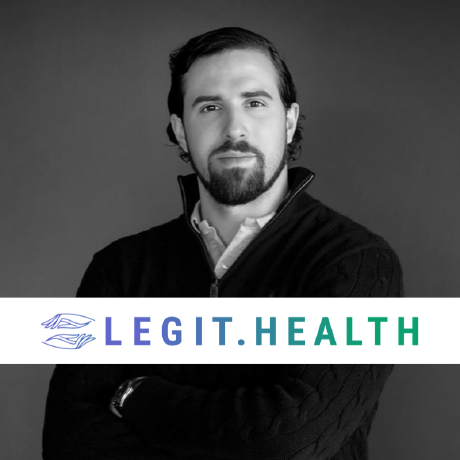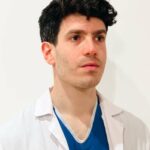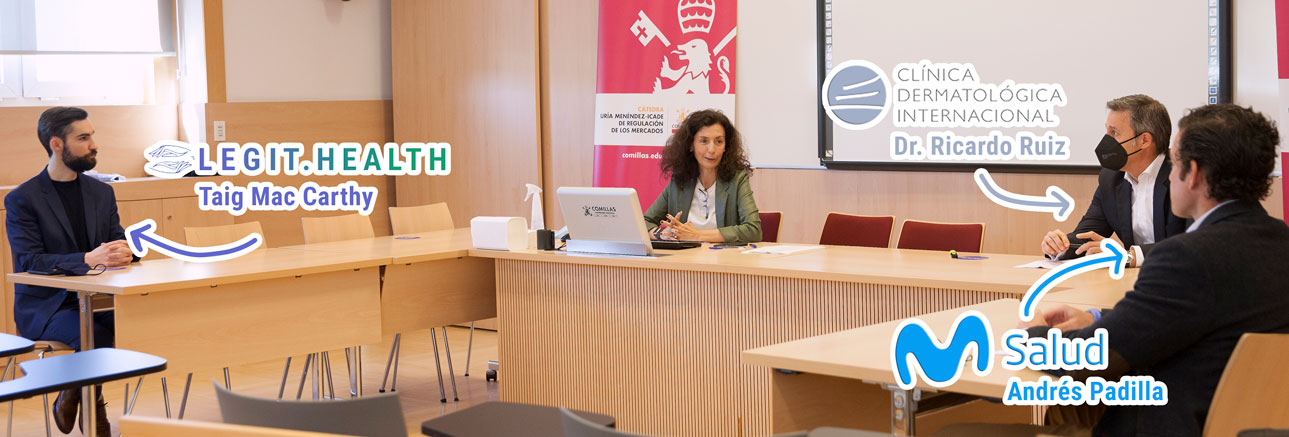Automatic Urticaria Activity Score (AUAS): A Novel Technology for Urticaria Severity Assessment Based on Automatic High-Precision Hive Counting
This post is a summary of a scientific publication published in the Journal of Investigative Dermatology (JID) Innovations. We encourage you to read the whole publication, which is embedded below.
Read the paper
We invite you to read the full paper for yourself, or you can scroll down to read the summary in this educational blog post.
Introduction
We introduce AUAS, an automatic equivalent of UAS that deploys a deep learning lesion-detecting algorithm, called Legit.Health-UAS-HiveNet. Our results show that our algorithm assesses the severity of Chronic Urticaria cases with a performance comparable to that of expert physicians.




